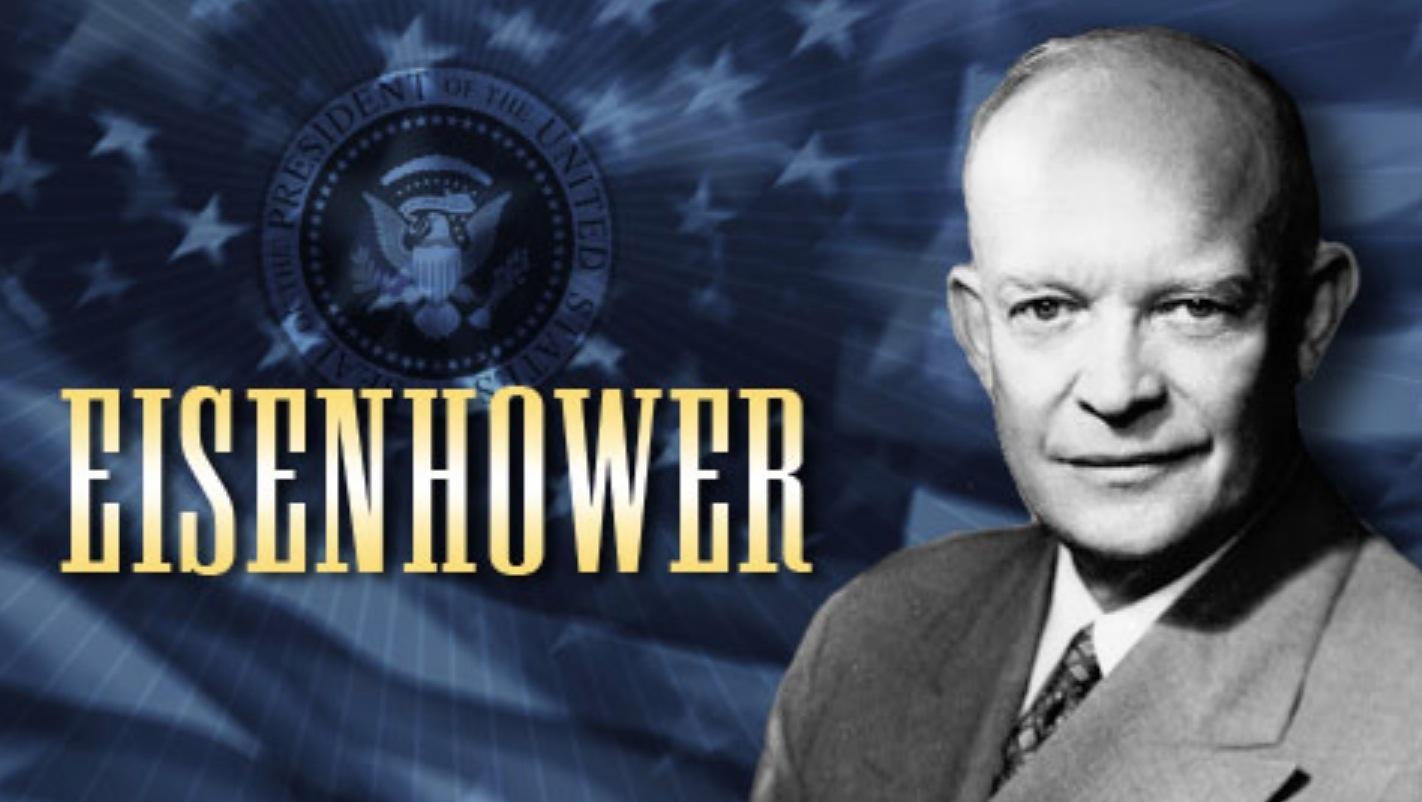Optimal Time Management: Navigating the Flow of Time in 2025 – By Dr Gamini Kariyawasam


Time, the essence of existence in our universe, remains a fundamental yet enigmatic factor. While we can measure it precisely, defining time proves to be an intricate task. It’s a sequence of events spanning from the past through the present into the future—a continuous, measurable entity. Various disciplines offer diverse interpretations of time, whether in science, philosophy, religion, or literature. Nonetheless, we rely on standard units—seconds, minutes, and hours—to quantify it.
Unbeknownst to many, time flows incessantly, yet with a methodical approach and a structured framework, you can undoubtedly conquer it. Success in life is intricately linked to mastering time. The common lament of insufficient time to complete tasks resonates with many. We all grapple with the constraint of 24 hours in a day. However, some individuals exhibit greater productivity due to their adeptness at organizing time within a planned framework.
Image Source : linkedin
The strategic organization and allocation of time across various life activities constitute what we term time management. The dividends of effective time management are manifold: heightened productivity and efficiency, reduced mental stress, career advancement, expanded opportunities for personal development, and the pursuit of life and career aspirations—all while fostering a content and relaxed lifestyle.
One widely embraced decision-making method that aids in succeeding with everyday tasks is the Eisenhower matrix. Named after Dwight D. Eisenhower, the 34th President of the United States and a renowned statesman, this theory—also referred to as the Eisenhower Theory—functions as a productivity, prioritization, and time management framework.
Image Source : pbslearningmedia
Eisenhower’s knack lay in identifying and prioritizing crucial needs among a multitude of tasks and making resolute daily decisions to materialize them. His application of principles—planning, prioritizing, delegating, and scheduling—yielded remarkable results,
Image Source : abbylangernutrition
Incorporating Eisenhower’s principles into your daily routine is straightforward. Begin by creating a four-square framework. Classify your daily tasks based on their urgency and importance within these squares.
Watch this video for a more in-depth understanding of this time management theory:
Urgent and Important: These demand immediate action and should top your priority list. Focus on completing them on the same day.
Important but not urgent: long-term goals or tasks that lack a definitive time frame. Schedule and accomplish them as time allows.
Urgent but not important: Outsource these tasks or handle them after addressing the top priority tasks. Ensure accountability through tracking progress.
Not Important and Not Urgent: Avoid spending time on these tasks as they contribute little value.
By adhering to this methodology, you’ll optimize your precious time. Embracing effective time management in 2025 paves the way for life’s victories.
Dr. Gamini Kariyawasam
























